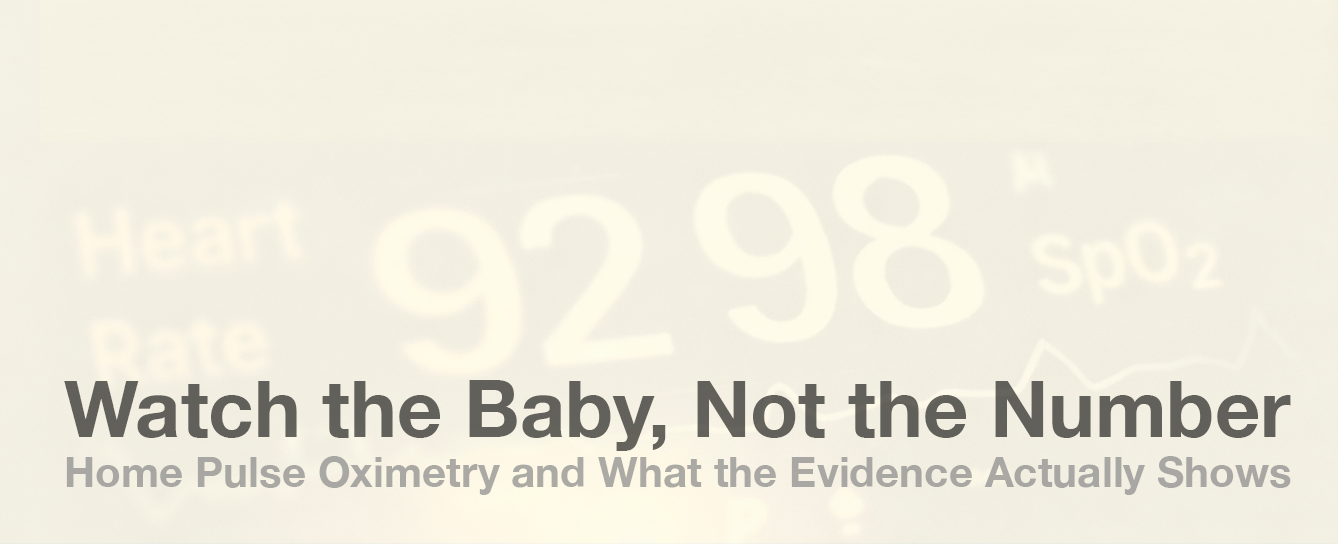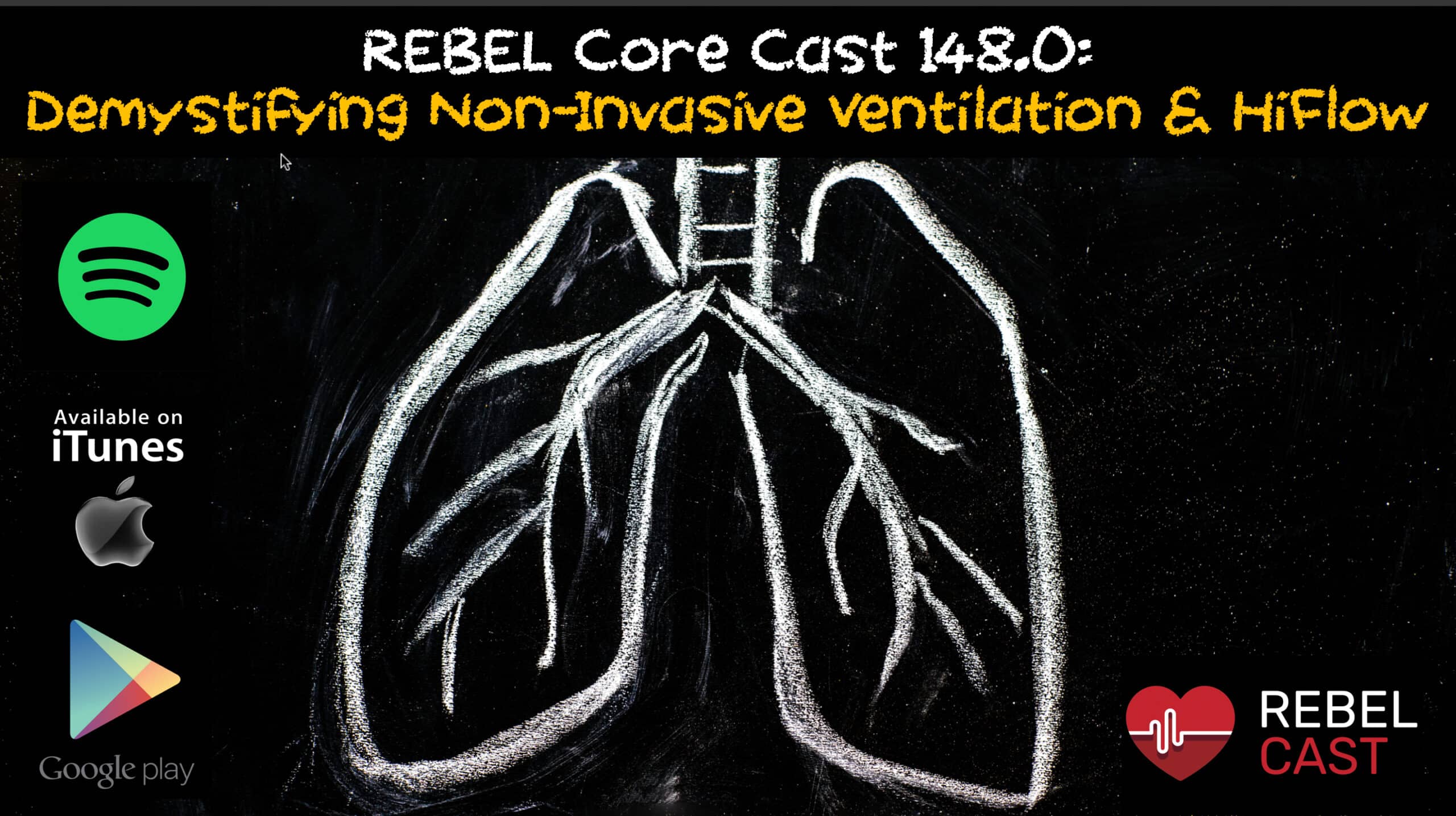[ad_1]

Physician advocacy has been instrumental in reducing tobacco-related mortality, preventing ozone layer degradation, reducing sugar consumption in the United States, and improving air quality. The blueprint exists for addressing climate change to improve public health.
At the 2025 Medical Society Consortium on Climate and Health (MSCCH) in Washington, D.C., emergency physicians, doctors from several other medical specialties, and other health care professionals took another step toward this goal. Joining with leaders of governmental organizations and policymakers committed to address climate change issues, attendees and speakers discussed the next steps and importance of the movement. ACEP is a member society of MSCCH, which represents more than 700,000 physicians and health care professionals working for a healthier, safer, and fairer world.
Several ACEP members and emergency physicians regularly attend and participate in the annual meeting of the MSCCH.
A panel discussion on “Critical Research Needs in Climate, Health, and Planetary Health” featured ACEP member and co-author of this article Caitlin Rublee, MD, assistant professor of emergency medicine at the University of Colorado. The session discussed strategies for integrating diverse knowledge systems, including Indigenous ways of thinking, into research frameworks. It also examined how interdisciplinary research can inform policy solutions to address the climate crisis and its health effects.
In another session, Stefan Wheat, MD, assistant professor of emergency medicine at the University of Washington School of Medicine, moderated a panel discussion on “Community-Centered Programs for Education on Climate and Health,” which highlighted opportunities for health professionals to engage for improved preparedness at a community level.
The fourth and final day of the conference featured Congressional visits.
Although the halls of Congress are far from the bedside, the skills needed to navigate conversations with legislators are familiar to physicians: eliciting priorities and concerns, sharing stories and experiences, and translating science into action.
Conversations with staffers began with questions about climate change but often evolved into conversations around related systemic issues. For example, one staffer working on health care issues was curious about ambulance shortages, an issue that exacerbates existing inequities in accessing care. This is especially critical during climate-related events such as heatwaves and poor air quality days that force many patients with chronic conditions to seek care in the emergency department.
Similar challenges, whether patient boarding in emergency departments or health disparities related to exposure to poor air quality, connected climate change to existing legislative priorities for community health. The reality is that addressing health concerns lends itself to addressing climate change. Physicians are perfectly positioned to advocate for solutions to both, improving the health of our patients for generations to come.
The experience emergency physicians possess as frontline workers is critical to legislators. Legislative staffers have a bird’s-eye view of the issues facing communities, but they are eager to learn from the first-hand experiences of individuals whose lives reflect actual policy outcomes.
Physicians and nurses—some of the most trusted professionals in the nation—can synthesize the experience of individual patients, sharing powerful stories within the context of broader systemic issues. Health care professionals, particularly clinicians such as emergency physicians, have a pulse on people and communities essential to crafting, prioritizing, and implementing just policies in partnership with policymakers.
In the emergency department, physicians and support staff help individuals while often being unable to address the larger issues affecting their health. Our legislative advocacy, whether on Capitol Hill or in local government, is a crucial step toward addressing systemic issues while remaining rooted in the individual patient experience.
In the offices of lawmakers, emergency physician voices are sorely needed and deeply respected. One conversation can open opportunities for longitudinal conversations that influence policy and patient care. As climate change continues to shape our environment and health, organizations like MSCCH and ACEP need more physicians who can advocate for sustainable, patient-focused policies.
Hill visits after the 2025 MSCCH annual meeting highlighted youth engagement and the public health community’s role in phasing out harmful pollutants such as soot and fossil fuels, and strategies for partnering with Indigenous and marginalized communities to improve health.
Environmental justice discussions during the conference focused on Indigenous knowledge, strengths-based approaches to partnering with under resourced communities such as farmers and migrant communities, and other approaches to developing health-focused mitigation, adaptation, and resilience strategies.
The MSCCH is not the only chance to see how climate change and health care priorities intersect. In May 2025, Practice Greenhealth and Health Care Without Harm hosted CleanMed, the premier national conference for leaders in health care sustainability. It is a platform for health care leaders to convene, collaborate, and conduct societal transformation for individual, community, and planetary health.
This conference is designed to connect those at the forefront of implementing climate-smart health care innovations, environmentally preferable purchasing, sustainable food strategies, and more. As the health effects of climate change become increasingly apparent, the need to address this issue, whether directly with our patients, in our hospital systems, or on Capitol Hill, becomes more crucial.
Thankfully, there are many ways for emergency physicians to use their existing knowledge and skills to join their colleagues and protect public health by addressing the challenge of climate change.
Dr. Benesch is an emergency physician practicing in the San Francisco Bay Area, and affiliate faculty at the University of Colorado Climate and Health Program.
Dr. Kouklis is a clinical instructor of emergency medicine at UCSF Fresno, staff physician at Asante Rogue Regional Medical Center, and a 2023-24 Climate Change and Health Science Policy Fellow at the University of Colorado. She is co-lead of the SAEM Climate Change and Health Interest Group.
Dr. Rublee is an assistant professor of emergency medicine at the University of Colorado and liaison to The Medical Society Consortium on Climate and Health for SAEM, serving as Vice Chair of the Steering Committee.
[ad_2]
Source link









